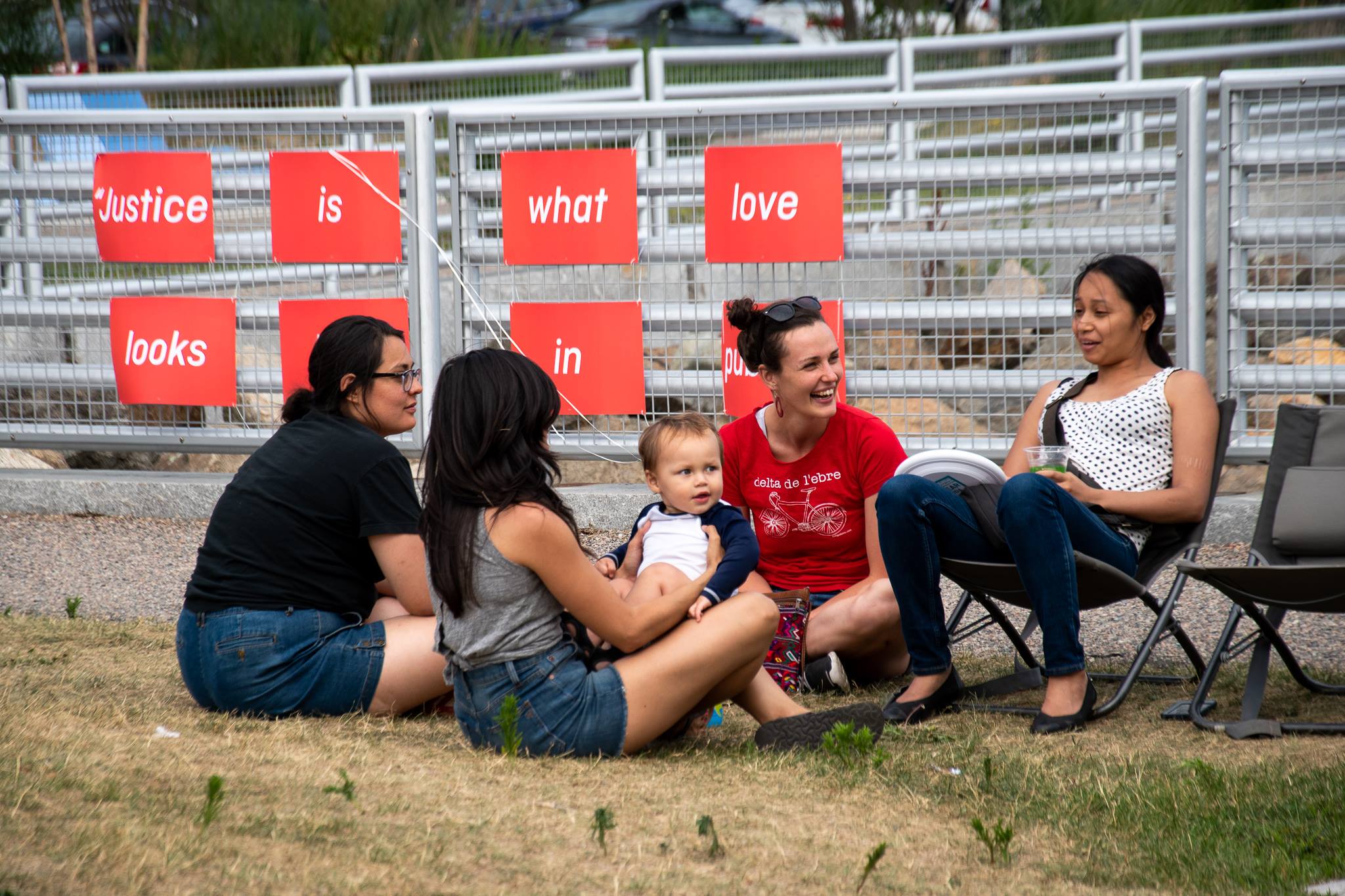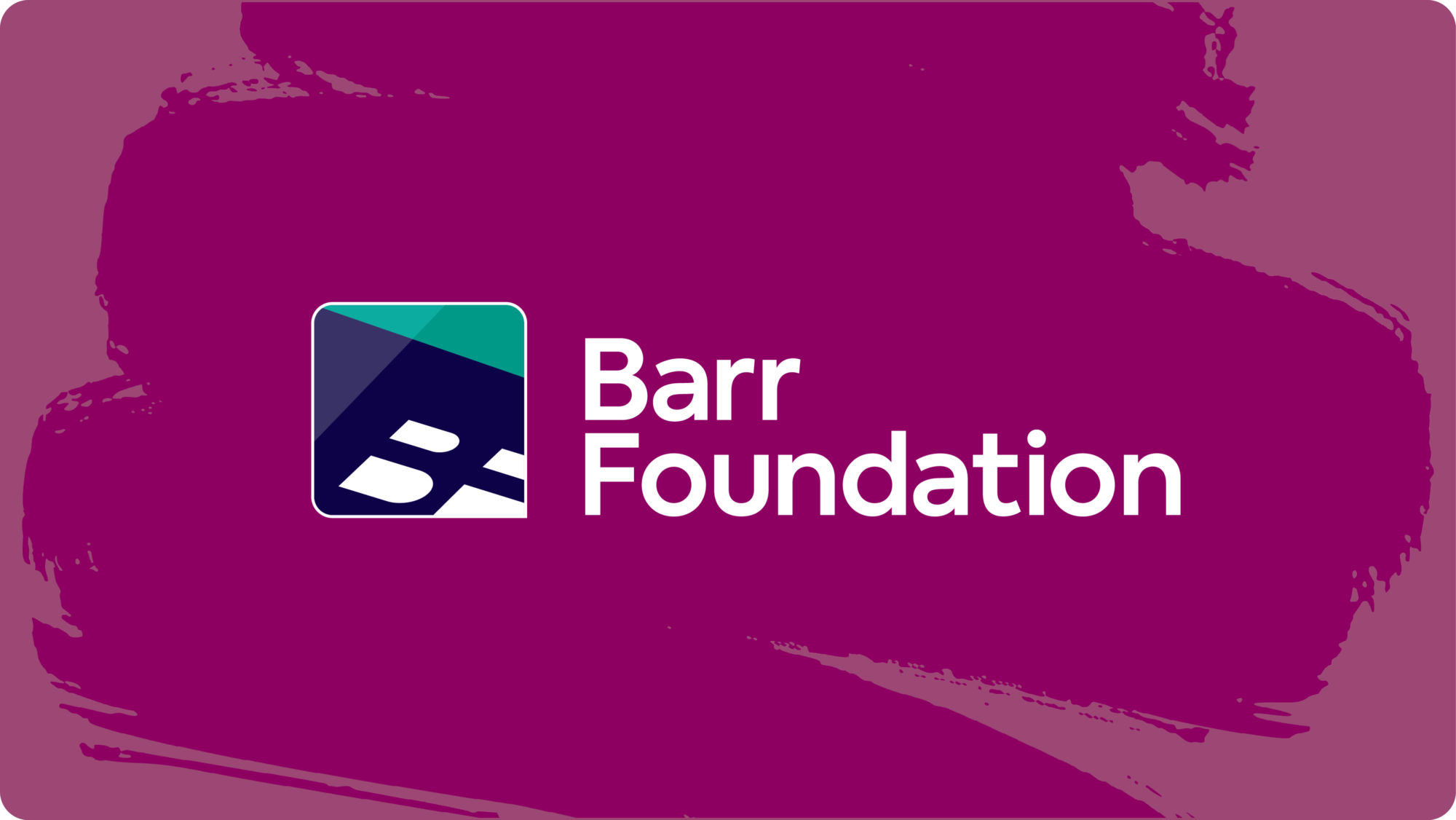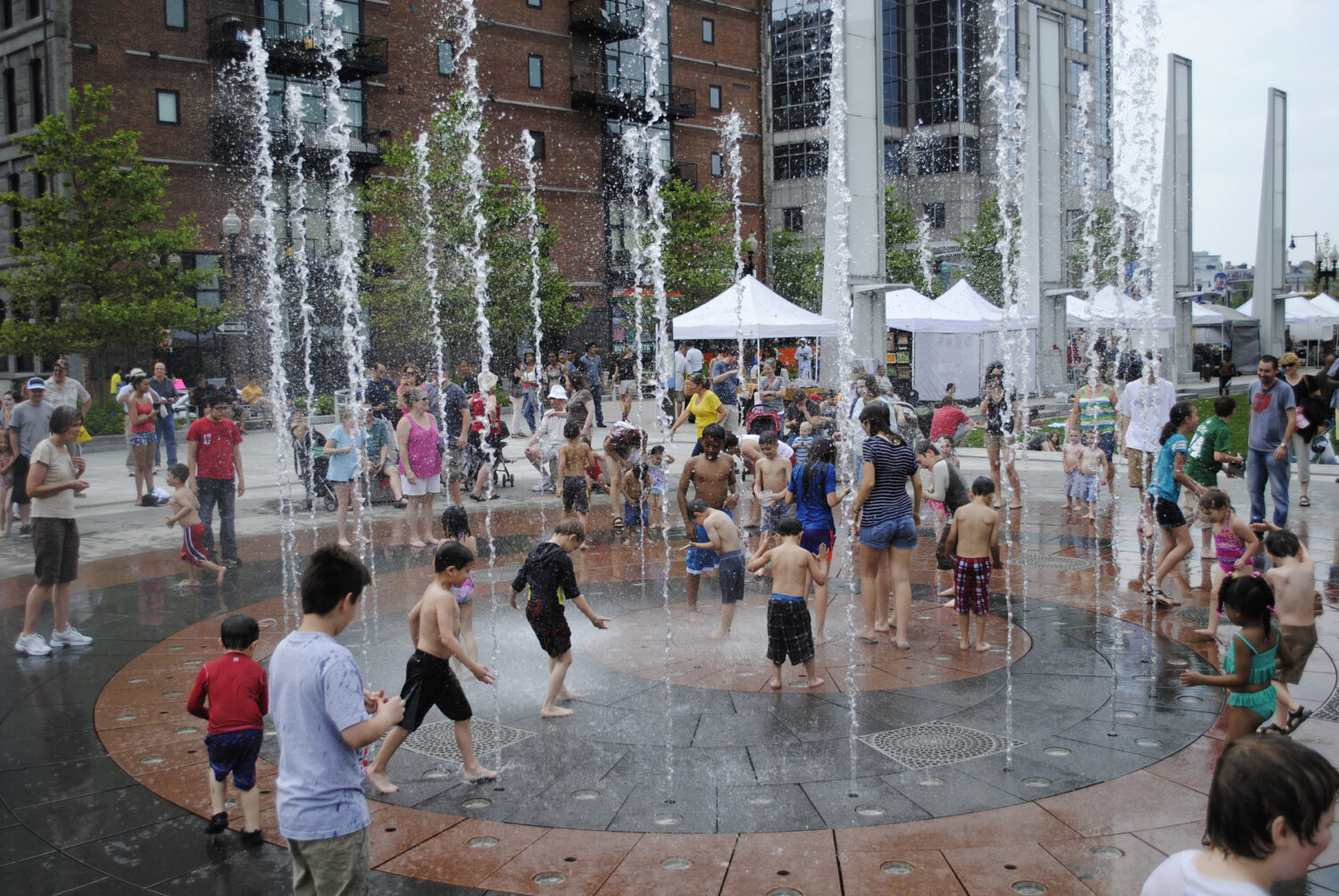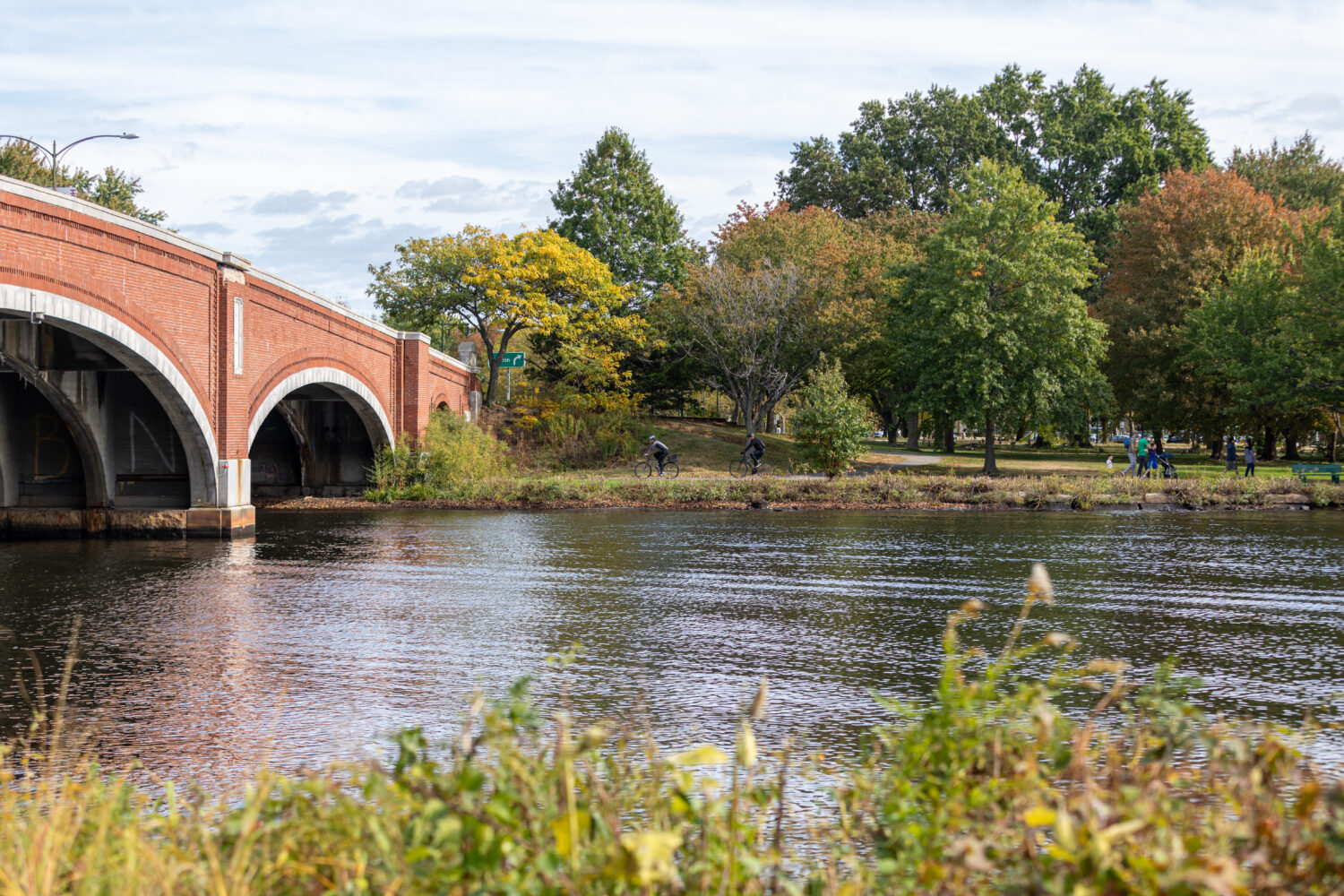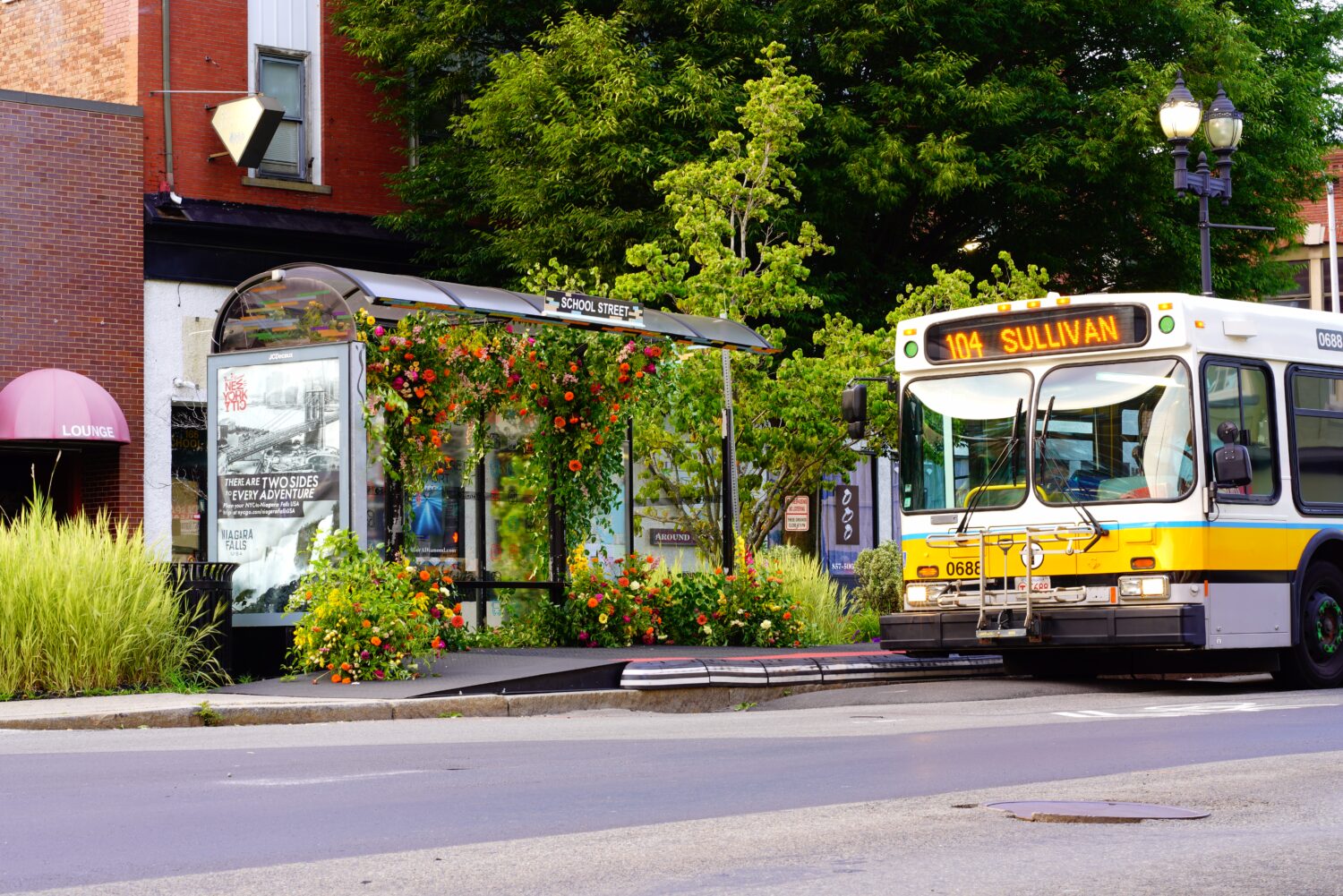What drew you to this opportunity at Barr?
With this position, I saw an opportunity to explore the ways that climate change impacts people, and to ensure that climate resilience efforts improve quality of life for all communities.
Is there an experience that underscored for you the urgency to prepare for the impacts of climate change?
Boston’s winter of 2015 was a big moment. The city was overwhelmed. I could not drive for two months because of the conditions, and the MBTA shut down for a period of time. These extreme storms will continue to happen. The resilience work ahead of us will expose infrastructure gaps and areas where communities require better support and coordination. At the same time, this opens up space to talk about climate change in practical ways that can create the political will for the kind of transformation that is needed.
Why is it important that Boston and this region pay attention to climate resilience?
All of the social inequities that play out in our daily lives are going to be made worse by climate change. Communities that are already struggling with housing issues, health care, inadequate transportation, and access to food, will be the most vulnerable. How do we seize intervention opportunities to address not only environmental problems but also societal issues? Paying attention to resilience engages people in a way that a traditional environmental frame might not.
At Alternatives for Community and Environment (ACE), you worked closely with people throughout greater Boston on climate resilience and environmental issues. Tell us more about your experience and what you learned.
At ACE, we worked to reclaim the word environment so that it encompassed things that people are experiencing. We framed environmental issues in terms of human impact, the built environment, and more recently around climate justice. Sometimes we took on issues that fell out of the mainstream understanding of environment but were essential to our communities, like gentrification or lack of quality jobs for youth in Boston. One of the key lessons I learned was that just policies should center around and be created by those who will be most impacted.
How do you think philanthropy can be most constructive as a partner in this work?
I think philanthropy can help focus what is most important. Sometimes, conversations about resiliency can get separated from real people and focus too much on infrastructure or technology. Philanthropy has the flexibility to support experimentation that municipal governments might not. We can support ideas that have the potential to be scaled up. There’s a lot we’re still learning.
You’ve been working in Boston’s nonprofit sector for over a decade. How would you describe the sector here? What are unique assets or strengths?
I’ve had the privilege of working with many individuals and organizations doing important nonprofit work for a long time. There’s a high level of commitment to community voice and decision making. We are lucky to have organizations working at multiple scales—community-based, intermediaries, and larger nonprofits that work city-or region-wide. In the cases where you can get the nonprofit community united around an issue like ensuring that the city is resilient in a way that benefits all people, we can make positive change.
What’s been the most surprising thing you’ve encountered at Barr in your new role?
I’ve been pleasantly surprised by the level of humility and collaboration that my colleagues bring to their work. There’s a level of trust with our partners that is exciting. At Barr, I’ve found that there is an understanding about the kind of time that it takes to move the needle and a desire to build long-term relationships.
Any previews of interesting things to come?
We’re excited to explore the intersection between climate resilience and public health. Public health professionals are already witnessing climate change impacts on community health and many are leading by example to implement resilience and mitigation strategies.
What is your favorite outdoor space in Boston and why?
My favorite outdoor space in Boston is Franklin Park. I grew up going there regularly with my family for cookouts, to play tennis, and to attend the annual Kite Festival. The Franklin Park Coalition’s Thanksgiving Turkey Trot is one of our favorite family traditions. I love that the park attracts diverse visitors and is a gathering space in our community.
